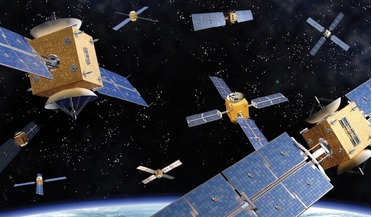 October 2025
The law as a last line of defence when space debris hit home
October 2025
The law as a last line of defence when space debris hit home
... be liable for damages. Registration also ensures that States maintain jurisdiction and control over that space object (Art VIII Outer Space Treaty). In this case, the exposed pallet housing the batteries was registered to Japan, with JAXA...
 March 2016
Building Confidence and Reducing Risk in Space Resources Policy
March 2016
Building Confidence and Reducing Risk in Space Resources Policy
... internationally. As the IISL states in its December 2015 ‘Position Paper on Space Resource Mining’, the new US Act is ‘a possible interpretation of the Outer Space Treaty. Whether and to what extent this interpretation is shared by other States...
 August 2018
Flouting the rules on satellite registrations
August 2018
Flouting the rules on satellite registrations
... responsible for acts of its private actors under international space law. The Outer Space Treaty (Article III) also states that general international law is applicable to outer space. Reading Article VI harmoniously with Article III, the general...
 May 2017
World needs strong space governance system
May 2017
World needs strong space governance system
... they form the framework and the primary system of global space governance. The foundational agreement of the system is the 1967 Outer Space Treaty, which is the most adhered to space treaty. More importantly, it contains several principles that have...
 July 2017
Rapidly evolving space industry needs faster UN response
July 2017
Rapidly evolving space industry needs faster UN response
...a new range of issues This year marks the 50th anniversary of the Outer Space Treaty, the primary document of international space law. The Treaty itself contains mainly general provisions governing fundamental rights, responsibilities and obligations...
 February 2019
Chaos and creation – cultural directions for the space industry
February 2019
Chaos and creation – cultural directions for the space industry
... Declaration of Human Rights goes on to detail what actually constitutes basic human dignity and rights yet the Outer Space Treaty does not attempt to describe what the ‘benefit of all countries might be or how anyone might go about defining...